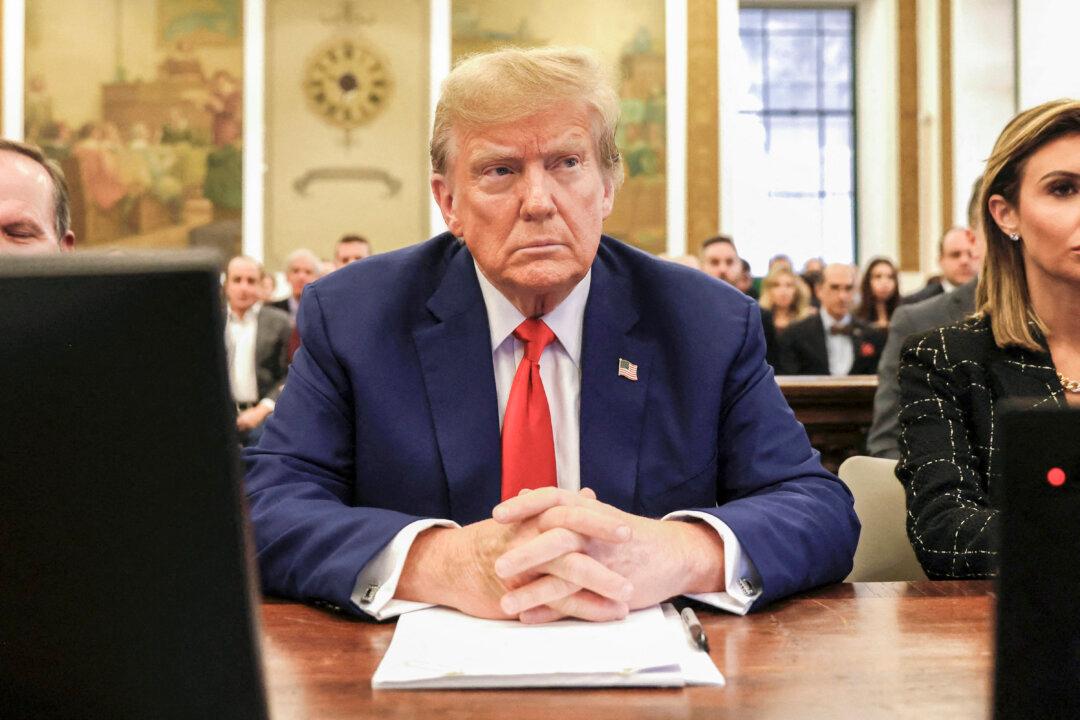The federal judge overseeing the Trump classified documents case on Wednesday allowed third-party legal groups to submit friend of the court briefs that could benefit former President Donald Trump.
U.S. District Judge Aileen Cannon issued a paperless order that allows former Trump adviser Stephen Miller‘s America First Legal Foundation to file a brief in the case. She also allowed a submission from former Republican Attorney General Edwin Meese, who argued that special counsel Jack Smith, who is prosecuting the case, was unconstitutionally appointed by the Department of Justice (DOJ).





